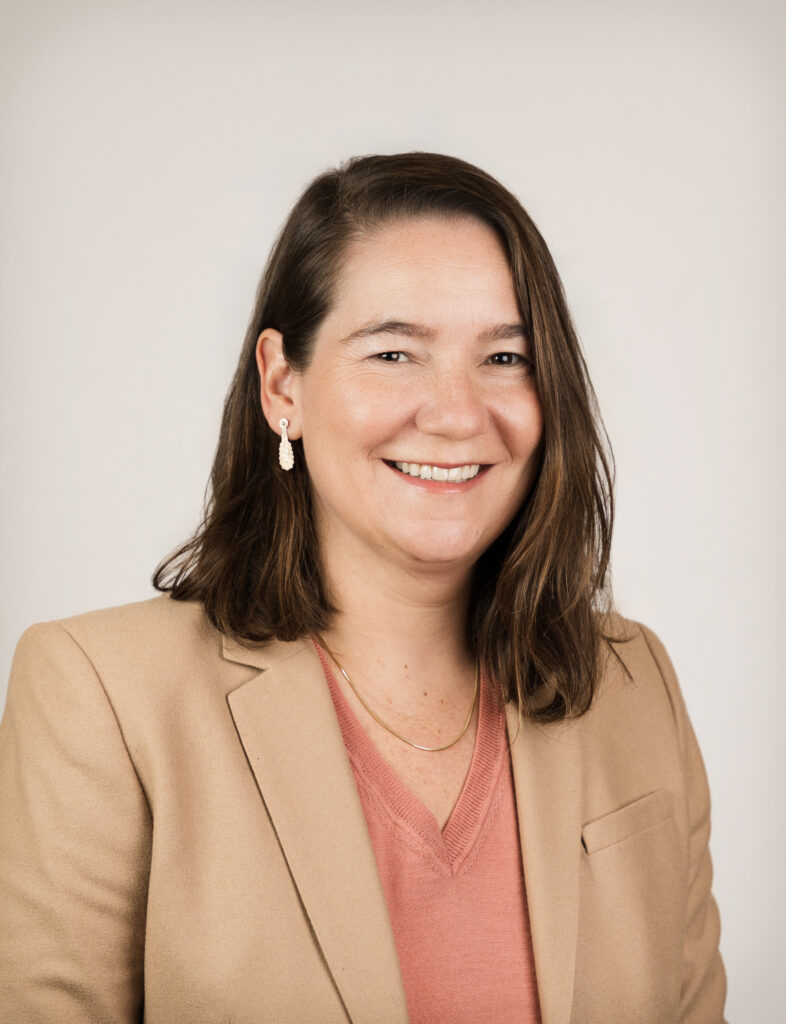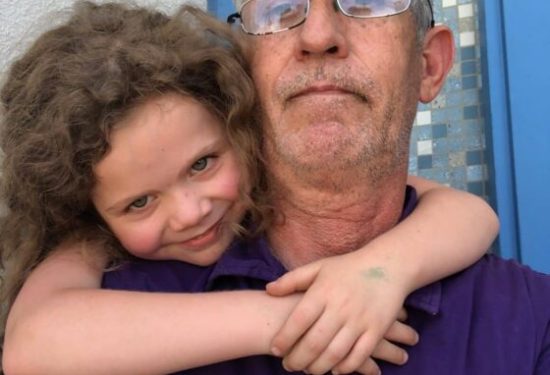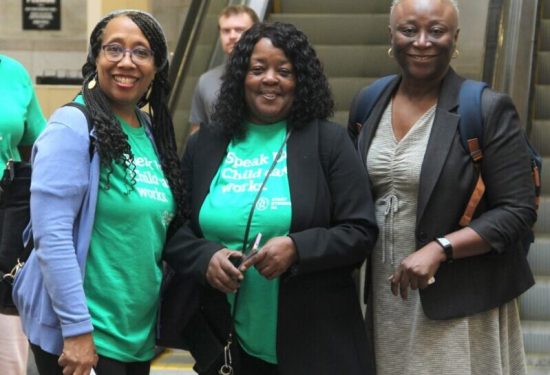There are over 4 million home-based child care providers providing care to 7 million children ages 0-5 in the United States. The providers and caregivers in this sector are as diverse as the children and families they serve. They include both licensed family child care providers, which typically operate as small businesses, as well as family, friend and neighbor child (FFN) caregivers. FFN caregivers and providers may have different motivations for providing child care and different goals for themselves and the children they care for. Many do not consider themselves providers at all but rather grandmoms, aunties, and life-long family friends caring for children they love.
Half of all children who are in non-parental care are being cared for by FFN caregivers. There is an unmet need to ensure that young children who are cared for in FFN settings have developmentally optimal experiences, are prepared for kindergarten, and are healthy and well. We are called to understand how to support FFN caregivers in offering the best care possible to young children and ensure they can connect to a myriad of community resources.
Value and Include Home-Based Child Care in Early Childhood Systems
Our hope is that FFN caregivers can be fully included in child care financing and quality improvement programs. To realize this goal of inclusion we encourage cities, counties and states as well as advocates and program partners, to see and acknowledge FFN, to learn about them, and to support them.
“The first step is to make visible what has been invisible.”
Joyceline Ravelo, Association for Supportive Child Care
SEE
Child care from FFN caregivers is the most used form of care in this country and reliance on this care has increased significantly during the pandemic. Yet we hardly ever discuss it, consider it, or include it in our early childhood conversations. Before we can support FFN care, we must first acknowledge it and bring it into our discourse. In doing so we are respecting the parents who choose this care, regarding the caregivers who provide it, and considering the children who rely on it. This is a critical starting point.
Action steps:
- Read the stories of FFN caregivers
- See and hear directly from caregivers such as Julieta from Minneapolis, MN
LEARN
As a result of being unseen, FFN care is deeply under-investigated and there is much that we simply don’t know. We need to gather more data and insight to better understand FFN caregivers (and the children and families they serve), their needs, and the ways they want to engage in quality improvement.
Action steps and exemplars:
- Get the available facts about FFN care. Review the National Women’s Law Center’s new report: Sustaining Family, Friend, and Neighbor Child Care During and After COVID-19: Survey Findings
- Recruit providers to the RAPID-CC bi-weekly survey, which currently collects crucial information about how pandemic recovery efforts are impacting well-being and experiences providing care. Committed partners can access site-level data to inform local programming and policy. Use this toolkit to invite providers and share RAPID-CC with colleagues.
- Conduct surveys and focus groups with FFN caregivers. For sample forms, see Home Grown’s emergency fund survey for FFN caregivers in English and Spanish.
- Leverage relationships with community organizations, such as La Red de Educación Temprana
SUPPORT
“If we truly honor the choice that parents make in choosing FFN care, we must ensure that access to opportunities and strong networks exist in communities to support the quality of care FFN caregivers provide.”
Bernadette Sangalang, Program Officer, The David and Lucile Packard Foundation
Despite the little that is known and the under-investment in FFN care, there are bright spots. We know from a few communities across the country what it looks like to support FFN caregivers. In particular we know that support groups, home visiting, and play and learn groups can provide quality improvement support to these essential caregivers. We also know that these caregivers need financial support to access food, housing, and health care and have seen success in getting emergency funding to support them.
Support for FFN caregivers should be informed by caregivers and their needs. The content and logistical needs of these caregivers may vary greatly from the needs of center-based staff and may look much more like family support programs. FFN caregiver engagement in quality improvement support will depend on trusted, local organizations who have existing relationships or can build relationships with these caregivers.
Action steps:
- Get to know programs like the Association for Supportive Child Care’s Kith & Kin program, ParentChild+ Family Child Care model and Kaleidoscope Play & Learn groups
- Review Home Grown’s State Recommendations for Scaling Effective Stabilization Funds for HBCC, including strategies for reaching FFN caregivers.
As we collectively see, learn, and support FFN caregivers, we will better value and include these essential caregivers and the children and families they serve in early childhood systems. With new federal investments, now is the time to embark on this journey to make our system more inclusive and equitable.
Additional reading:
Home-Based Child Care Fact Sheet | Home Grown
The Aunt Bees of America | Early Learning Nation
When Grandma Becomes an Early Childhood Educator | New America
Connection in a Time of Isolation | The David and Lucile Packard Foundation
Shadow Workers: The Hidden Caregivers of America’s Families | The Century Foundation
Centering Family, Friend, and Neighbor Care in the Early Learning System | The David and Lucile Packard Foundation




